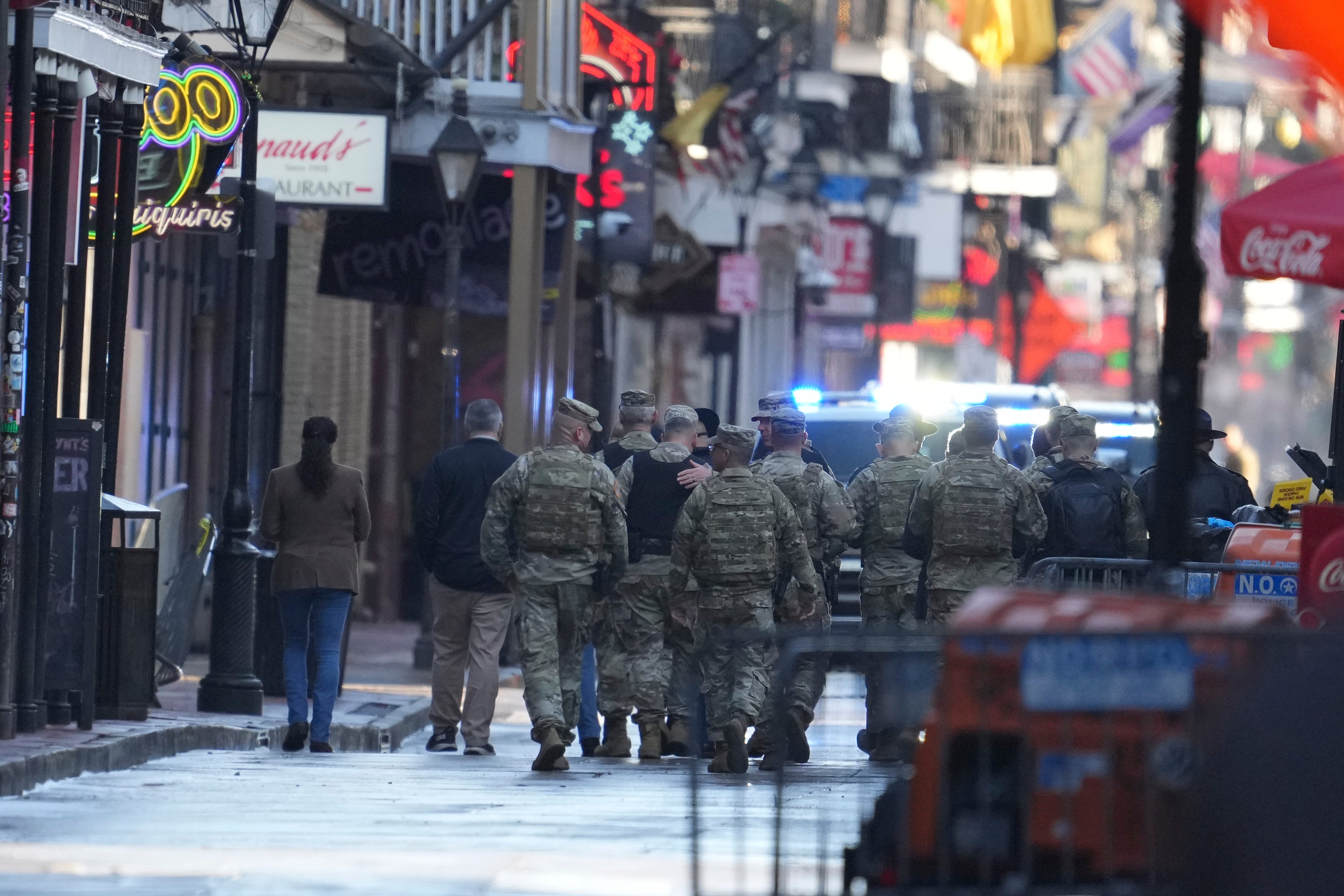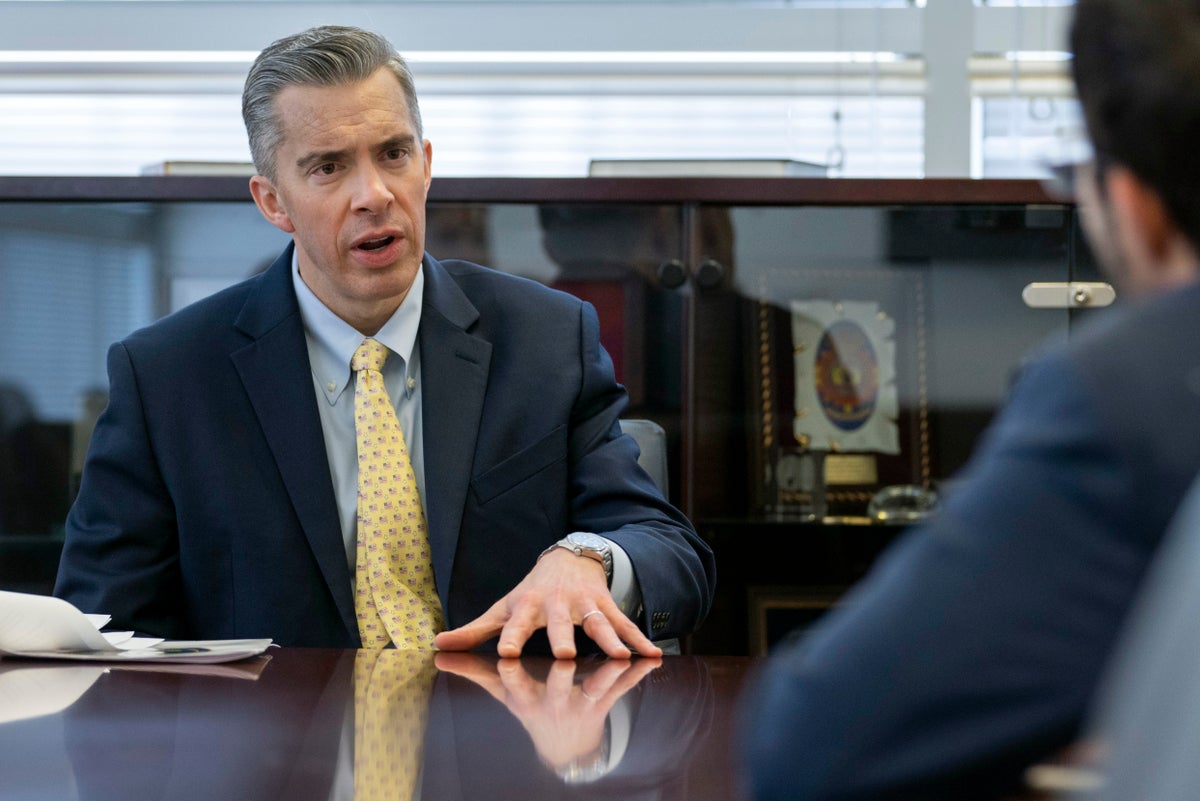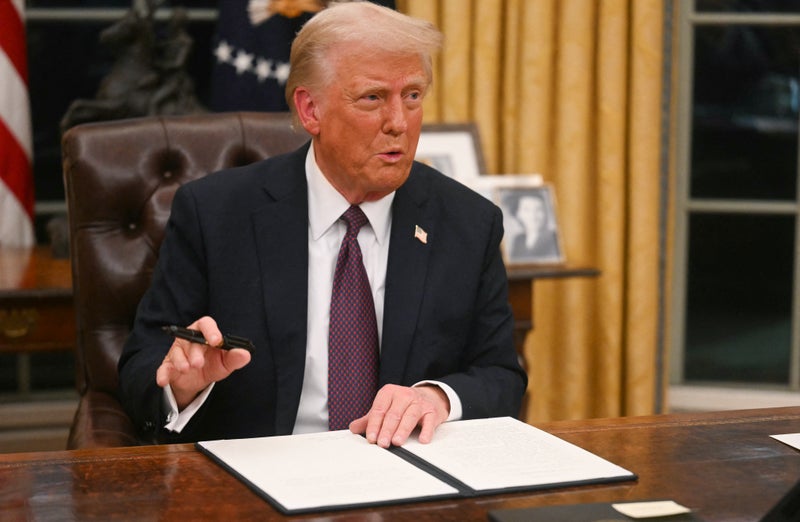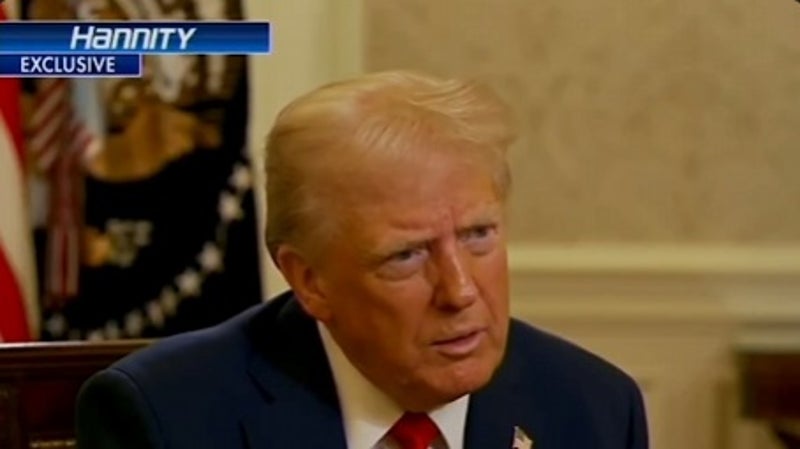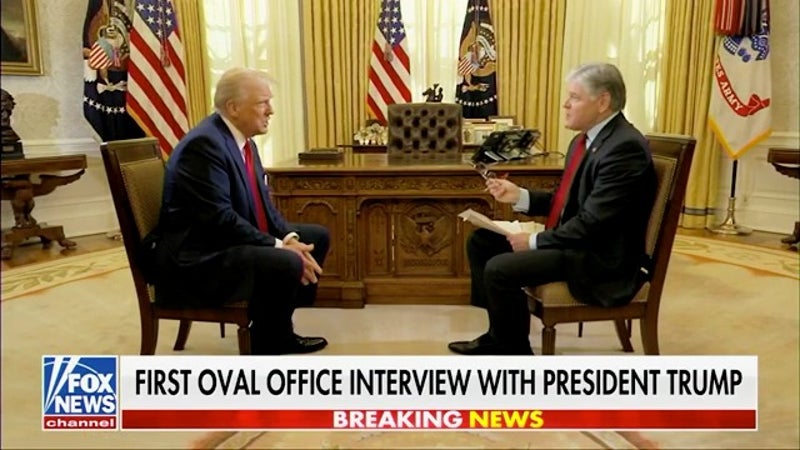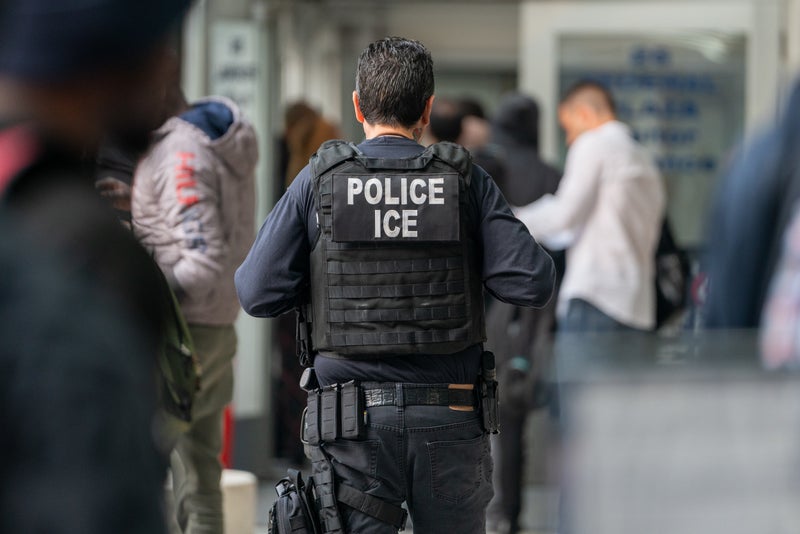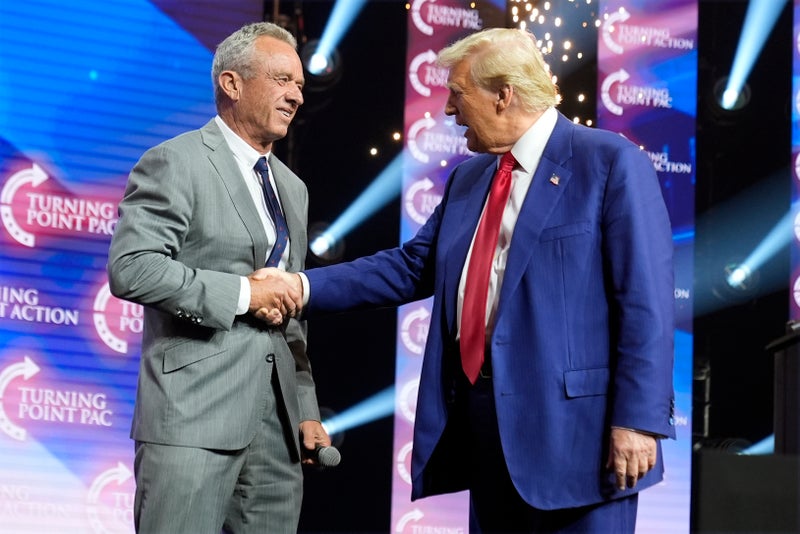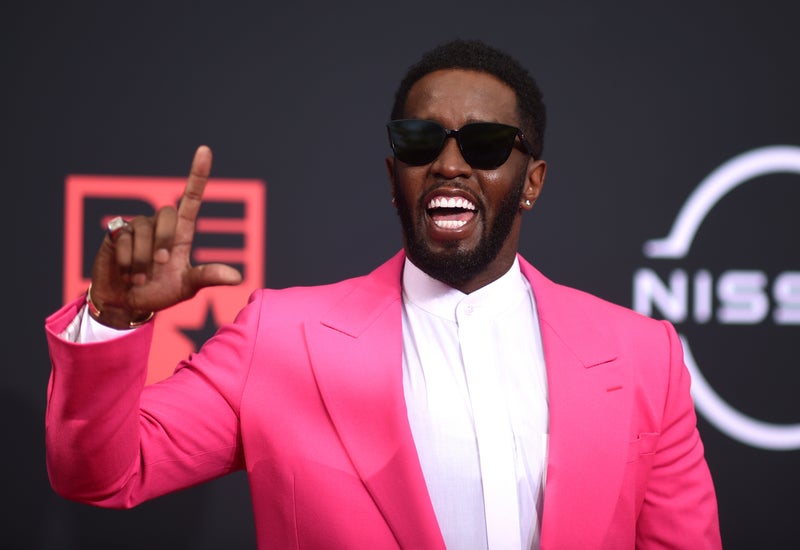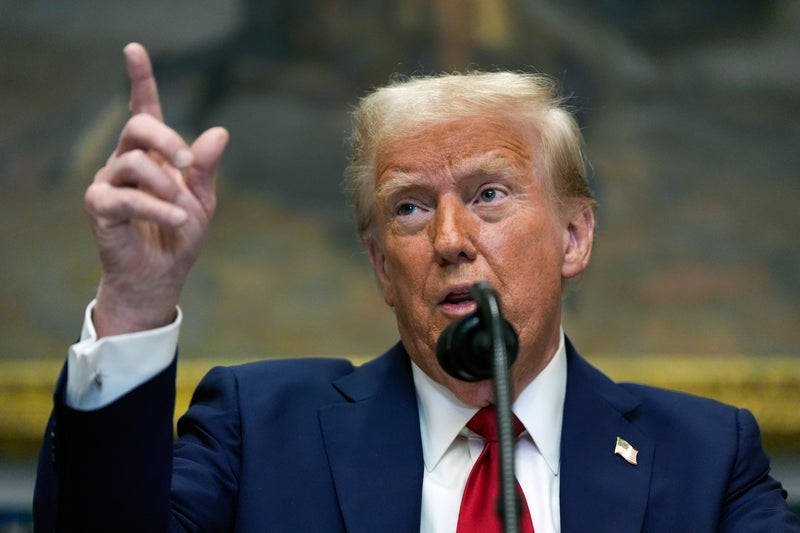New Orleans attack came as officials warned of an escalating threat of international terrorism
Share:
After Hamas launched the deadly assault on Israel that triggered retaliatory airstrikes on Gaza, FBI Director Christopher Wray said he feared the Middle East violence could embolden individuals or groups to carry out attacks inside the United States. Months later, after extremists with the Islamic State group's Afghanistan affiliate killed more than 140 people at a Russian concert hall, Wray sounded the alarm about the potential for a similar coordinated attack closer to home.
Following these months of warnings about a resurgent terrorism threat, an Army veteran inspired by IS slammed a pickup truck into crowds celebrating New Year's in New Orleans. But the culprit did not coordinate with international operatives, nor was he part of any broader plot. Instead, he embodied a longstanding concern that snapped into focus in the years after the Sept. 11 attacks and never evaporated: the threat from homegrown extremists who radicalize on their own before committing mass violence in the name of foreign groups.
“I have never seen the threat landscape this worrying, not just from a counterterrorism perspective but from state-sponsored threats,” said Christopher Costa, a former career intelligence officer and senior director for counterterrorism at the White House National Security Council in the first Trump administration.
He said the “grab-bag of grievances” that may have driven 42-year-old Shamsud-Din Jabbar to act — he had multiple divorces and financial pressures and noted in a video posted before the rampage that he thought of killing his family — was consistent with the profile of other attackers. And it coincided with a climate of global instability that has given extra incentive to troubled people prone to violence, from the Oct. 7, 2023, Hamas attacks that launched the war in Gaza to the dramatic overthrow last month of Syrian President Bashar Assad.



